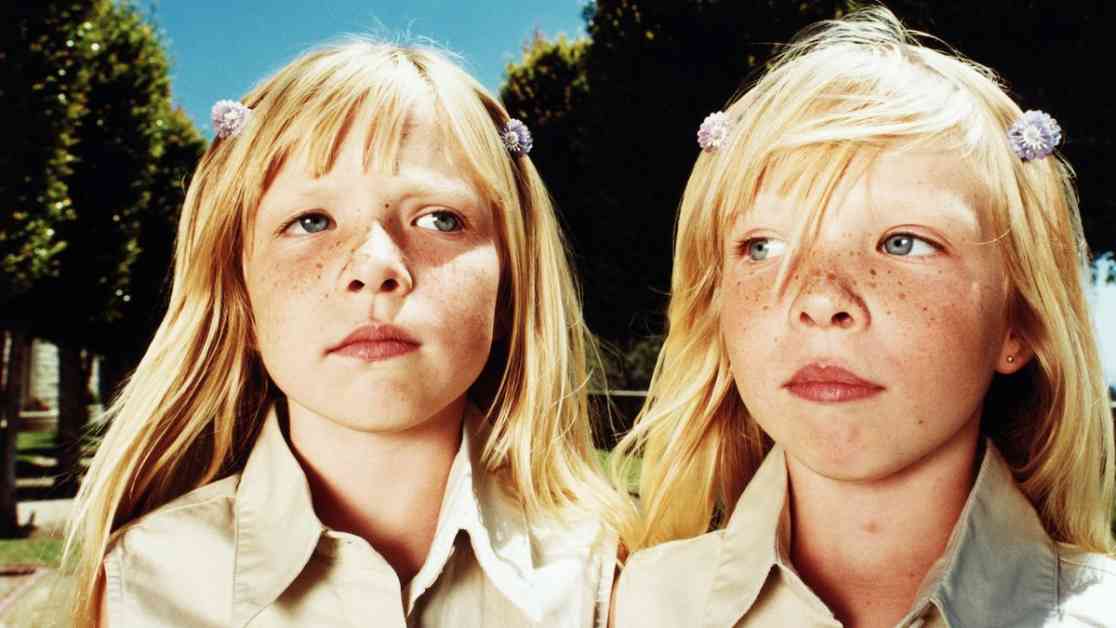Twin Births: A Rare Phenomenon Explained by Evolution
Twins are a rare occurrence in human history, often viewed as special due to their uniqueness. Many cultures have attached symbolic meanings to twins, associating them with health, vitality, and duality. However, recent research suggests that twins were not always uncommon among primates, including humans.
Evolutionary Origins of Twin Births
According to a recent study by anthropologists, including Tesla Monson, the mother of twin girls and an Associate Professor of Anthropology at Western Washington University, twins were actually the norm in primate evolution millions of years ago. While most primates today, including humans, typically give birth to a single offspring, our ancient primate ancestors likely birthed twins as a standard practice.
Using skeletal collections, both fossil and recent, researchers reconstructed the history of primate litter size. By analyzing data from nearly a thousand mammal species and performing statistical tests, they discovered that the switch from birthing twins to singletons occurred over 50 million years ago.
The Advantages of Singleton Births
The transition to singletons was crucial for the evolution of large human babies with significant brain sizes. This shift allowed for complex learning in infants and young children, contributing to advancements in technology and cognitive abilities over time. While having twins today is not a disadvantage, it has become less common due to the energy demands and potential risks associated with multifetal gestation.
Twin Births Today: Trends and Risks
In the United States, the rate of twin births has nearly doubled in the past 50 years, with approximately 3% of live births resulting in twins. Advances in reproductive technologies have contributed to this increase, along with factors like maternal age. Women over 35 are more likely to have twins, but this can pose risks for both the mother and babies, as twins are more likely to be born prematurely and require neonatal intensive care.
As our understanding of primate evolution and the history of twin births continues to evolve, it’s essential to recognize the significance of twins in our genetic heritage. While the experience of having twins today differs greatly from our primate ancestors, twins remain a fascinating aspect of human biology and evolution.




